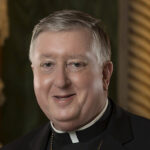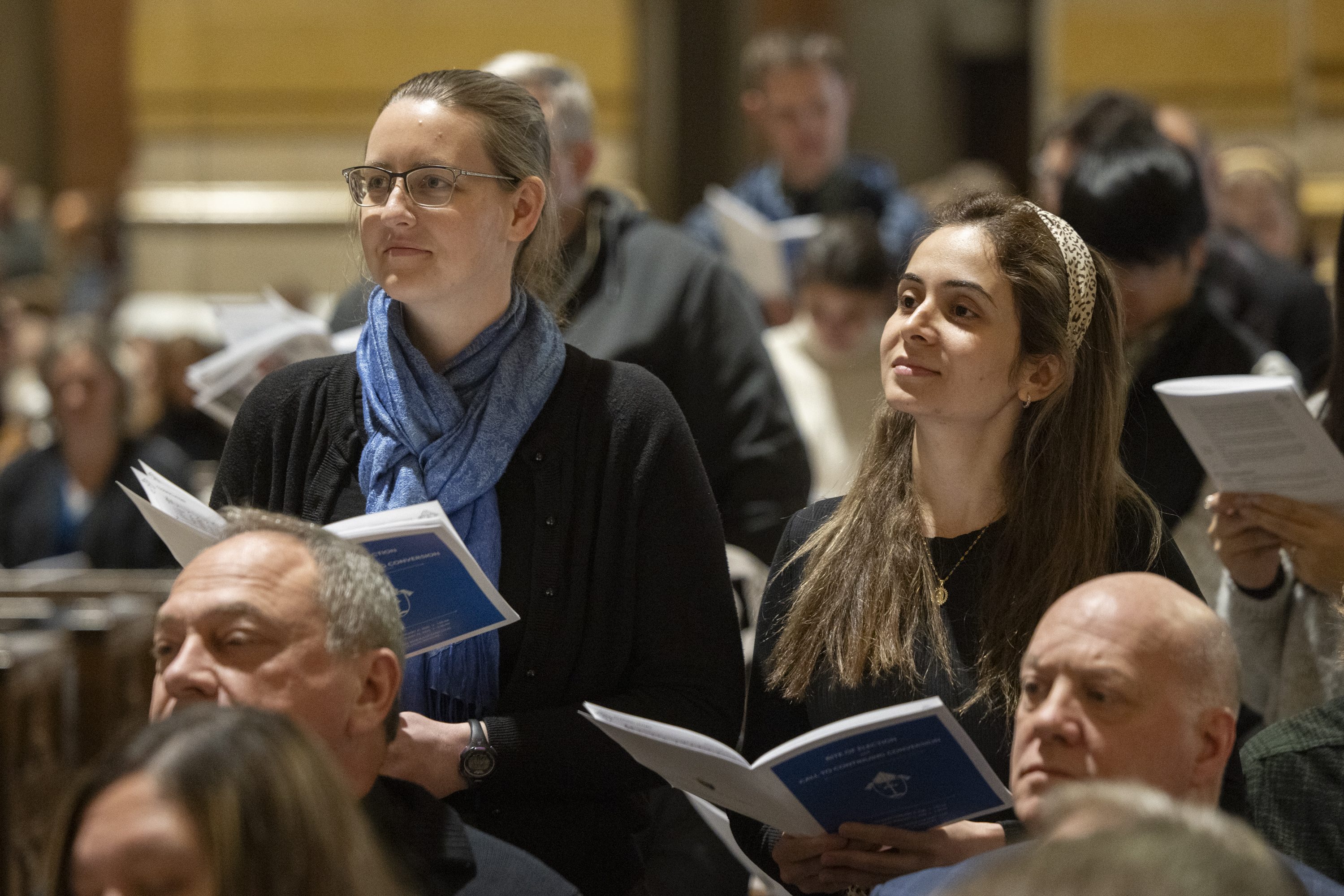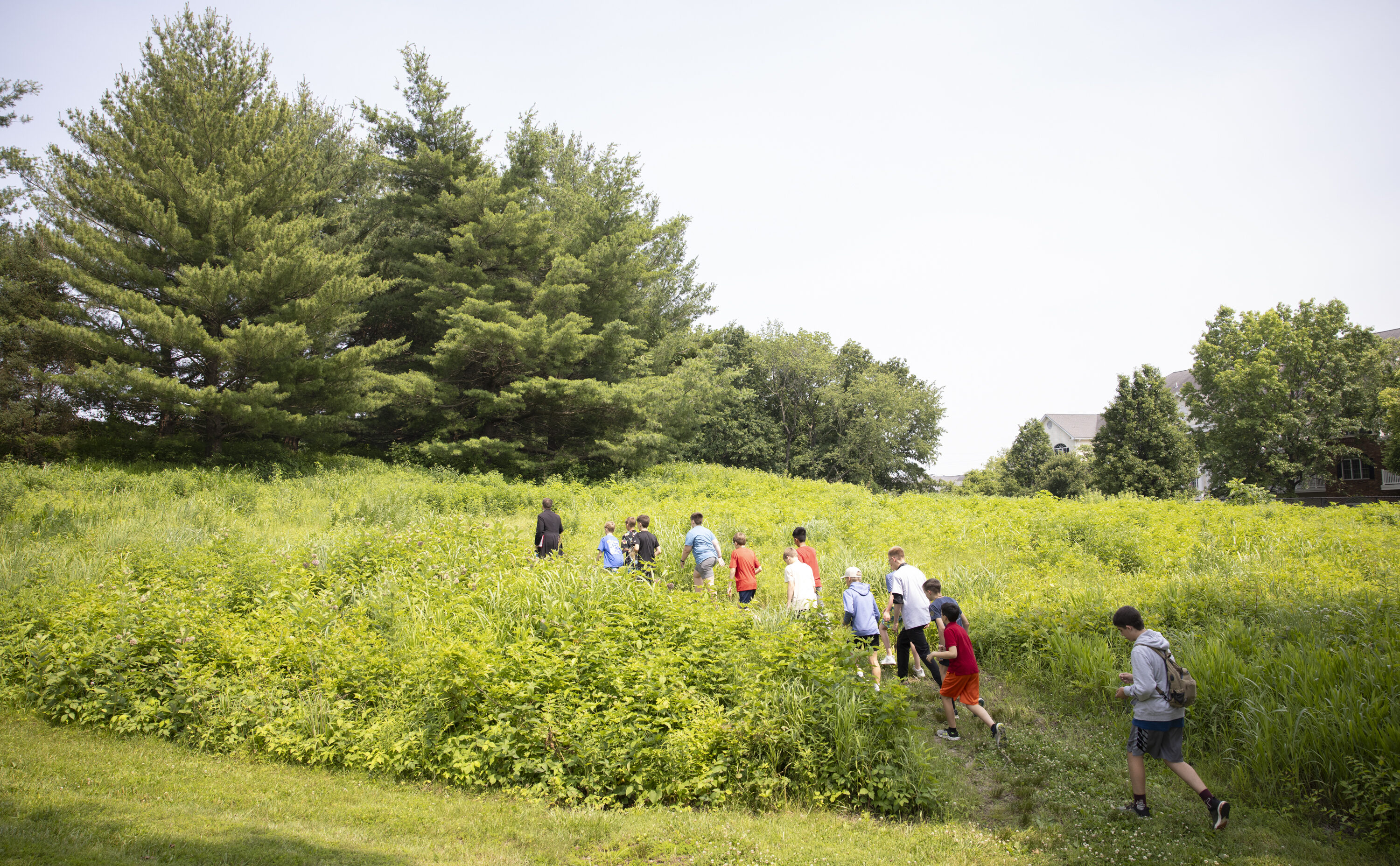SERVE THE LORD WITH GLADNESS | Let’s take the next step toward organic growth in our discipleship
God is always inviting us to something deeper, not just more

Dear brothers and sisters in Christ,
There’s a paradox of Christian life. St. Paul lays out his experience of this paradox very clearly in Second Corinthians: “We are treated as deceivers and yet are truthful … as dying and behold we live … as poor yet enriching many, as having nothing and yet possessing all things” (2 Corinthians 6: 8-10).
What’s foundational, however, is not St. Paul’s experience. What’s foundational is that Jesus is at the root of the paradox: “For you know the gracious act of our Lord Jesus Christ, that for your sake He became poor although He was rich, so that by His poverty you might become rich” (2 Corinthians 8:9).
St. Paul invites the Corinthians — and he invites us — into the paradox of discipleship. I think it’s an excellent place to begin an examination of conscience on the topic of political power: What is one critique I would make of my own political party based on the paradox of discipleship? If we don’t have a place where we would begin, that might be a sign that our identity is political more than it is Christian!
The Gospel readings this week open up the question of organic (as opposed to linear) growth.
Linear growth is when something simply gets bigger. We have some land; we acquire more land. We have some money; we get more money.
Organic growth is when a seed grows into a plant. When an apple seed grows, it doesn’t just become a bigger seed! It grows roots and becomes a sapling; it develops a trunk, then leaves and flowers; finally, it bears apples. Organic growth is continuous, but still surprising. And the growth of the kingdom of God is often more like organic than linear growth.
Consider Jesus’ approach to the law in this week’s readings. “You have heard that it was said ‘An eye for an eye’ but I tell you: Turn the other cheek.” The point of “an eye for an eye” was not to exact revenge, but to rein in vengeance. “Turn the other cheek” is the next step in reining in vengeance. As a case of organic growth it’s both continuous and surprising.
“You have heard that it was said ‘love your neighbor and hate your enemy,’ but I say to you: Love your enemy, and pray for those who persecute you.” The point of “love your neighbor” was to expand the boundaries of love. The next step in expanding the boundaries of love is organic: continuous, but surprising.
God’s saving actions all through salvation history show this kind of organic growth. But that raises an important question for each of us: What’s the next step — in terms of organic growth — in my life of discipleship?
When we shift from giving money to giving more money, we’re engaged in a linear growth of discipleship. And that’s good! But the next organic step might be personal involvement with a charity.
When we shift from listening to podcasts to listening to more podcasts, we’re engaged in a linear growth of our discipleship. And that’s good! But the next organic step might be to become a small group leader in our parish.
God is always inviting us to something deeper, not just more — all through salvation history and in our own lives. As summer gathers momentum, and we watch our gardens and farms grow, what next organic step might God be asking us to take?






